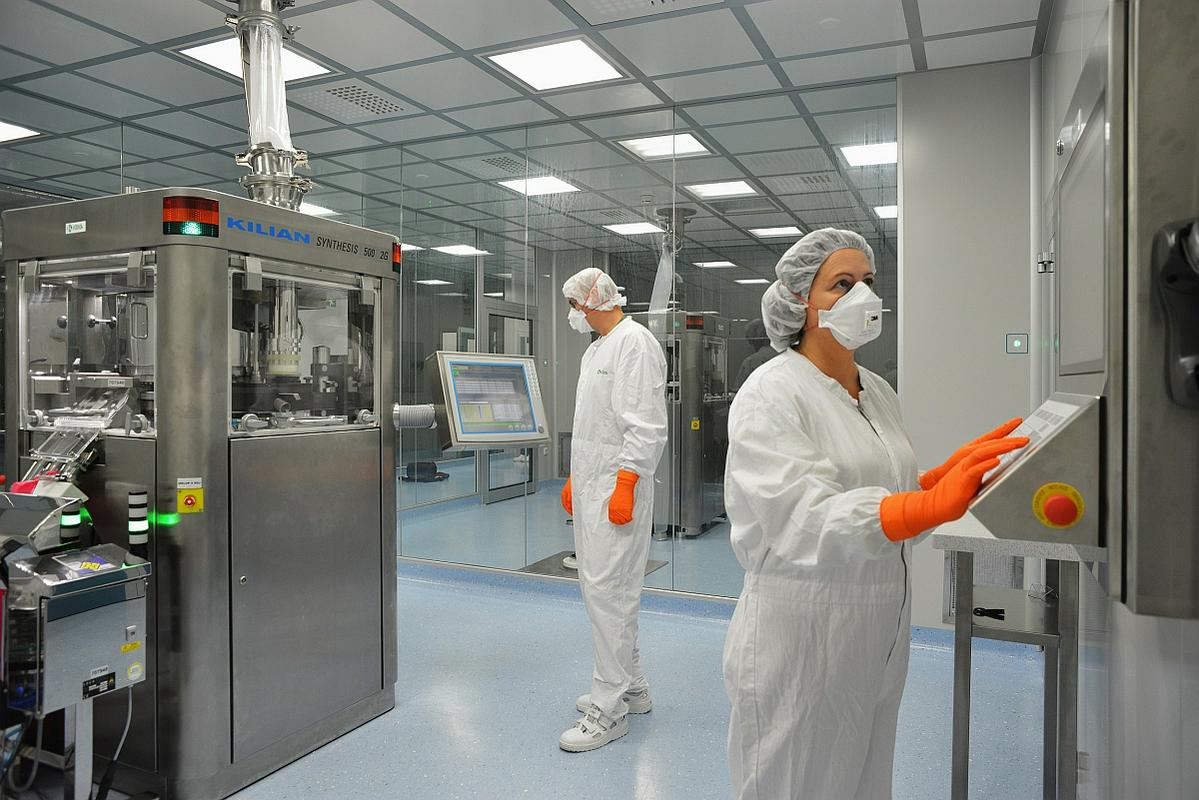
Novo Mesto, the capital of the Dolenjska region, managed to weather the recent financial crisis better than most places in Slovenia. Much of the town’s prosperity is a result of the local pharmaceutical industry. Named after a local river, the Krka company is not just a part of the region’s modern-day fabric; its work also has strong connections to the long history of medicine in the area.
In the Middle Ages, the monasteries of Dolenjska were frequently called upon to treat the ill. Monks had an intimate knowledge of local herbs, a familiarity that was passed on from generation to generation in monastic books. Trial and error led to the development of a number of remedies, and soon pharmacies, based on this tradition, began to appear in towns as well. Novo Mesto got its first municipal pharmacy in the 16th century, the successor of which is still going strong today.
The event that really put Novo Mesto on the map as a pharmaceutical center took place after World War II. A far-sighted manager of the municipal pharmacy – a man named Boris Andrijanič – decided to set up a small laboratory. It began operation in 1954 with fewer than a dozen employees, but within a few years, Krka employed more than 200 people.
Andrijanič built Krka’s success on the development of cutting-edge drugs, including the latest antibiotics. Not content with the Yugoslav market, he quickly got the company to expand internationally, and Krka became an established brand in several foreign countries, particularly in Eastern Europe. Andrijanič was determined to position the company not just as a drug maker but also as a developer of new pharmaceutical approaches. He emphasized innovation and even steered Krka to the roots of Slovenia’s medical tradition by marketing a number of herbal medicines.
In the decades that followed, Krka opened up factories around Slovenia and even branched out into the spa business, operating two thermal resorts in the Dolenjska region.
When Slovenia became independent, however, Krka lost direct access to the Yugoslav market, and for a while, its future seemed uncertain. It could no longer count on Andrijanič, who had retired in 1984. (He died nine years later.) Still, the new management reorganized the company, streamlined operations, and put a greater emphasis on the manufacture of generic drugs. Within a few years, Krka had not only recovered, it also expanded its exports, opening factories in Croatia, Poland, and Russia. It now employs more than 10,000 people.
In an era of multinational pharmaceutical giants, Krka remains proudly independent, a relatively rare Slovenian success story – and a reminder of a tradition that emerged in Slovenia’s monasteries many centuries ago.

































































